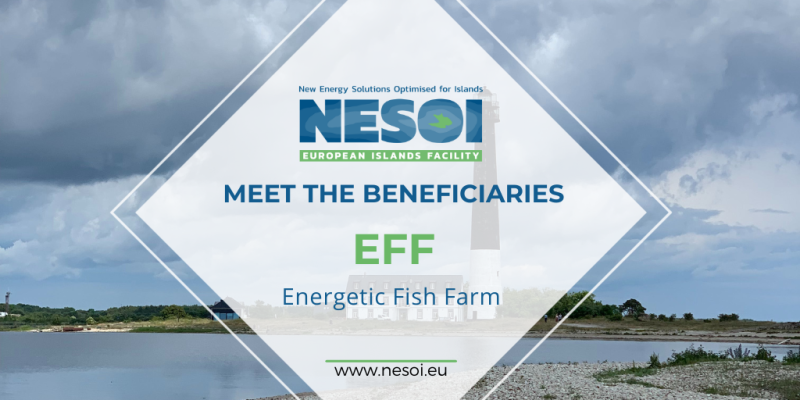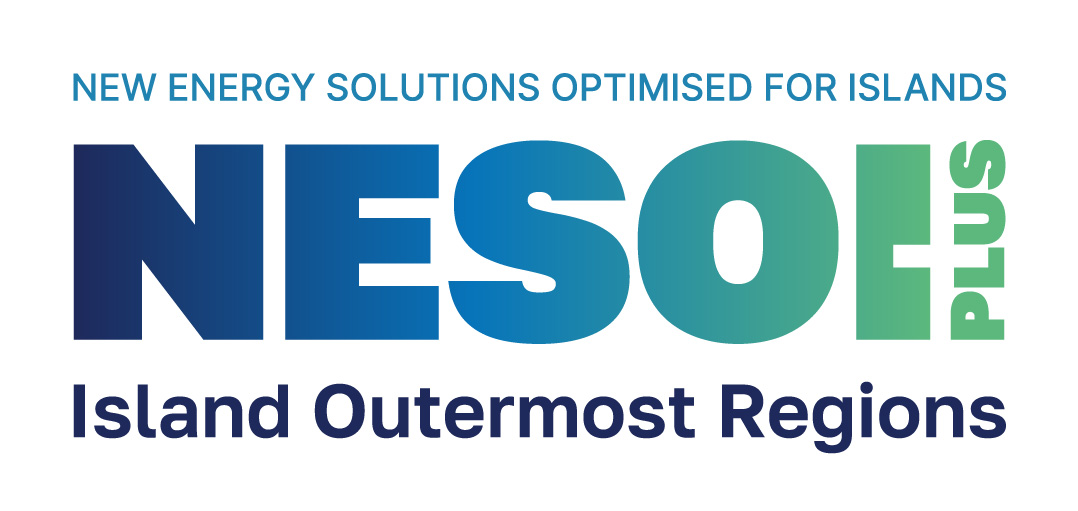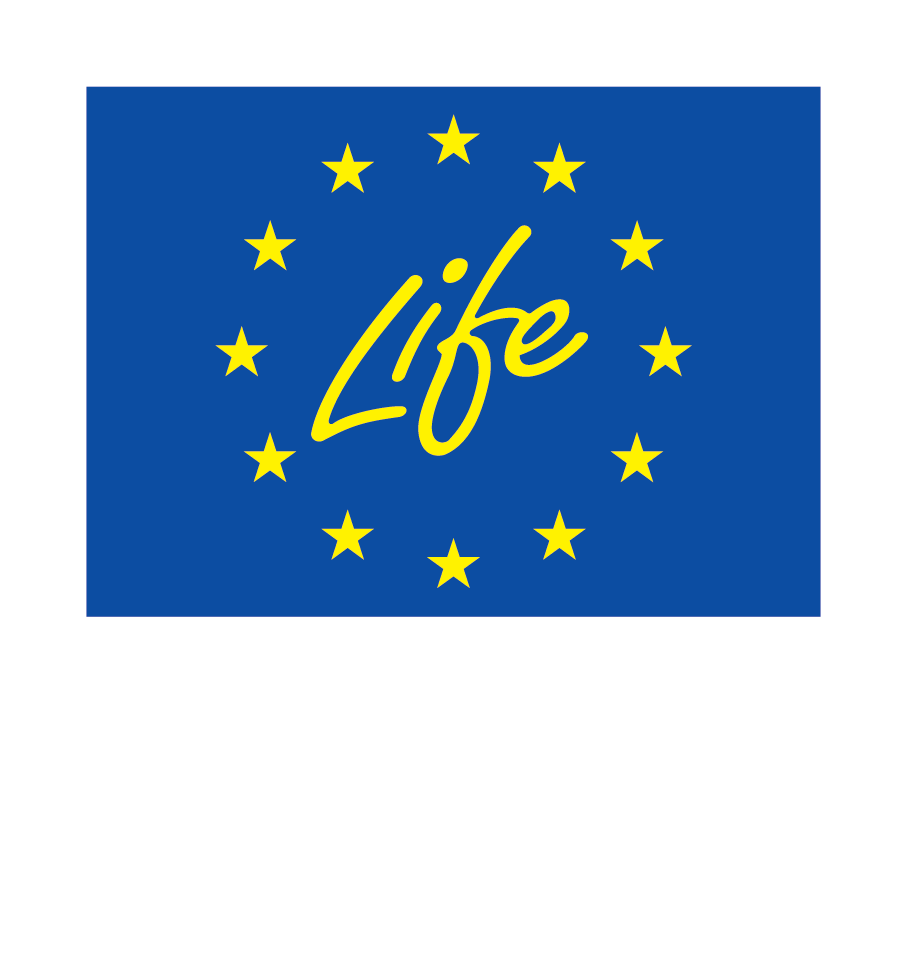Energetic fish farm (EFF) is a project supported by NESOI European Islands Facility, managed by our partners from R2M SOLUTION, and promoted by Conversio Design Ltd.
What is EFF?
With the goal of finding the best technical solution based on renewable energy for a fish farm and whether it makes sense to use hydrogen technologies there, EFF project was initially designed.
The objective of the project is to equip a state-of-the-art modernised onshore fish farm located on the Sõrve peninsula with both wind and solar energy production capabilities. The potential utilisation of excess electricity for hydrogen production is under examination. The oxygen, a byproduct of the electrolysis process, will be employed to enhance the aquatic environment for fish, thereby contributing to their well-being.
The project will provide a full technical solution for the energy system in the fish farm, by simulating the generation and consumption of renewable energy; and developing a techno-economic analysis of the application of hydrogen technologies.
Moreover, the expansion of the fish farm will have some positive impacts on the local economy of the Sõrve peninsula. There will be more job opportunities in the region as well as improvement of roads, and, if the production volume of the farm is increased, there will be a significant improvement in the availability of local fish in the market throughout the year.
Finally, the results can be replicated in other areas with similar climate and economic conditions. EFF is about the optimisation of an energy system that operates in an isolated location where grid is highly constrained. The results of this project are relevant of those interested in the production and storage of renewable energy to create a semi-autonomous energy system.
EFF: renewable energy systems for aquaculture
There is a growing global demand for dietary fish protein, leading to widespread overfishing in wild fisheries, resulting in significant decrease in fish stocks, with some regions experiencing complete depletion. As of 2016, more than 50% of seafood was produced by aquaculture.
Indoor fish farming involves creating artificial conditions that replicate the natural fish habitat while providing optimal water quality, temperature, and feeding conditions to maximize growth and productivity. Conversio Design’s fish farm employs recirculating aquaculture system (RAS) for growing fish, minimising the need for external water resources. The farm utilises various treatment units like mechanical filtration, biofiltration and CO2 removal.
The fish farm, equipped with 50 kW solar panels, faces challenges in selling excess electrical energy to the grid due to current grid infrastructure limitations. In total, 12 scenarios were analysed, six of which included the fish farm at its current state and six in which the fish farm expansion was considered. Proposed changes for the farm expansion included introducing a 330 kW wind turbine, adding PV solar panels, relocating existing PV panels to a more suitable place for increased energy production, and incorporating a battery energy storage system.
How does NESOI Support this project?
The European Islands Facility (NESOI) aims to unlock the potential of EU islands to become the locomotives of the European Energy Transition. To do so, NESOI aims to mobilize more than €100 Million of investment in sustainable energy projects to give EU islands the opportunity to implement energy technologies and innovative approaches, in a cost-competitive way.
More specifically, NESOI has provided the following support:
- Data collection and market analysis
- Analysis of existing planning documentation, identification of the project boundaries
- Assessment of the key project sizing drivers (e.g. expected users, baselines, energy demand, etc.)
- Identification of suitable technological options given existing project sizing requirements
- Definition of the required environmental permitting procedures given the identified project options
- Cost-benefit analysis and socio-economic and environmental impact evaluation
- Definition of the technical, economic and financial, fiscal project inputs (assumption book)
- Risk analysis and identification of available 8 mitigation strategies
- Design of the energy system, financial modelling, identification of financing/funding options, action plan
READ MORE INFORMATION IN THE DEDICATED PROJECT BROCHURE


